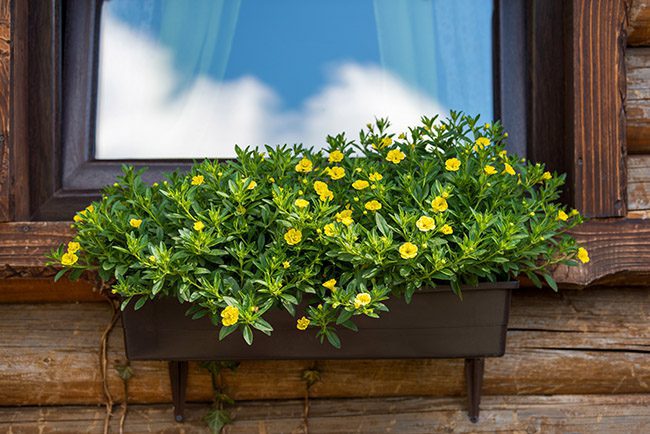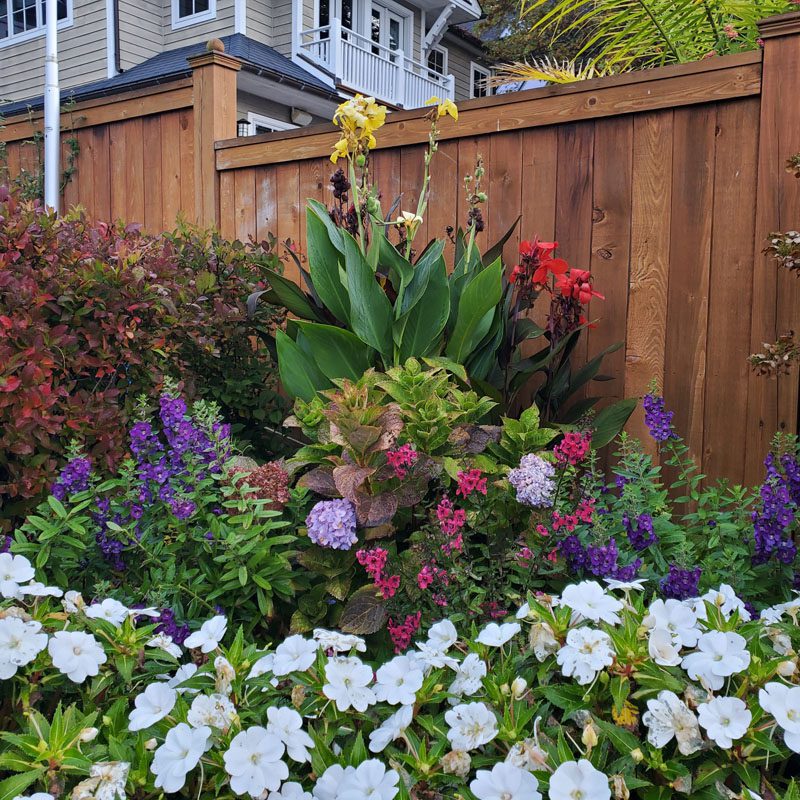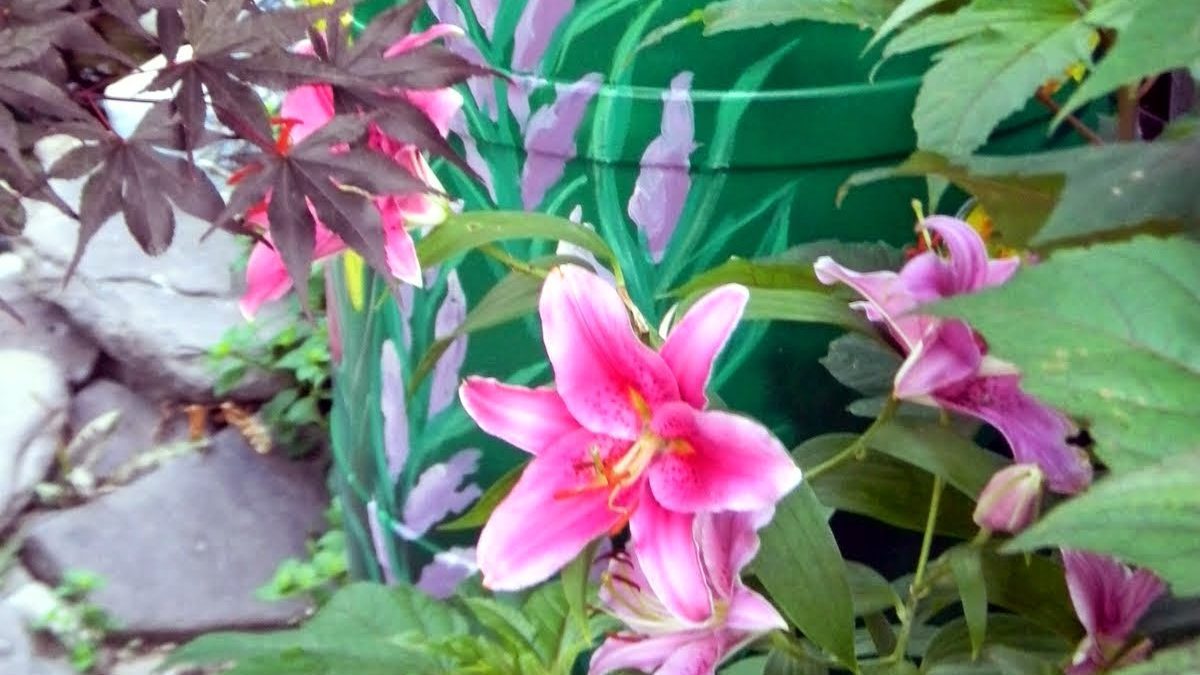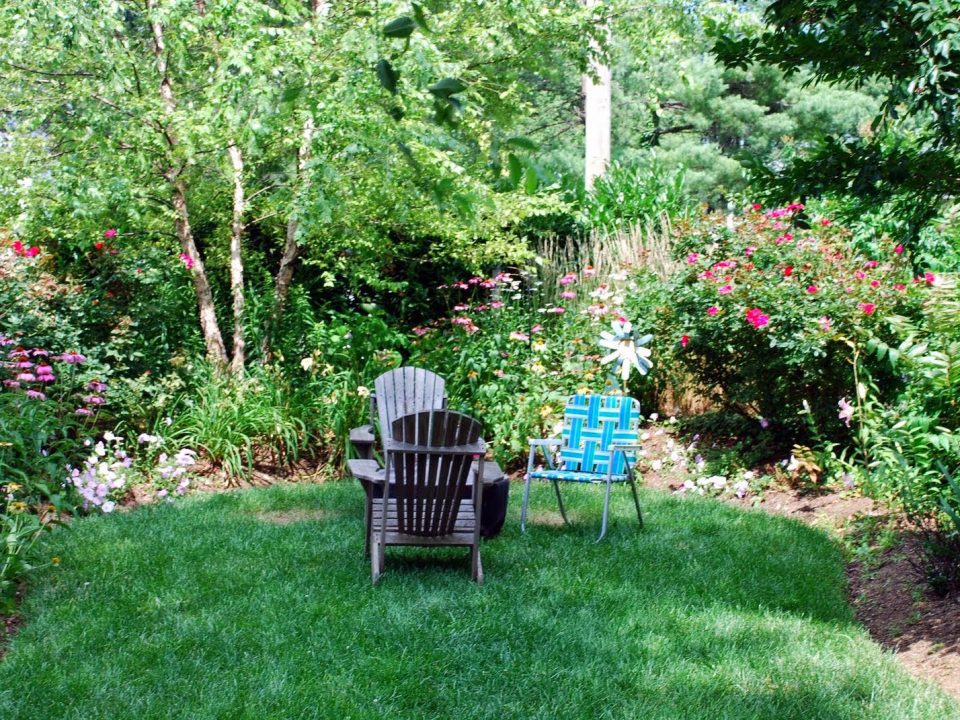
Shoreline Plantings and Restoration Design with Garden Girls in Annapolis, MD
October 1, 2024
Lawn Refurbishment in Annapolis, Maryland: How Garden Girls LLC Can Transform Your Yard
October 18, 2024Stormwater management has become an essential topic for homeowners and garden enthusiasts in Annapolis, Maryland. The city’s proximity to the Chesapeake Bay, combined with increasing precipitation levels, makes it crucial to implement effective stormwater control solutions. Garden Girls LLC specializes in sustainable, eco-friendly gardening practices, and we are excited to share insights on how stormwater control gardening can benefit your property, the local environment, and the Chesapeake Bay watershed.
Understanding Stormwater in Annapolis
What Is Stormwater?
Stormwater refers to the rainwater that runs off surfaces like roofs, driveways, and lawns. In natural settings, most stormwater is absorbed into the soil, filtering through to underground water sources. However, in urbanized areas like Annapolis, where impervious surfaces such as concrete and asphalt dominate, much of the rainwater flows directly into storm drains, rivers, and eventually, the Chesapeake Bay.
Why Is Stormwater Control Important in Annapolis?
In Annapolis, uncontrolled stormwater contributes to:
- Flooding: Heavy rains can overwhelm storm drains, causing local flooding.
- Water Pollution: Stormwater picks up pollutants such as pesticides, fertilizers, and trash, which are carried into local waterways.
- Erosion: Fast-moving water can erode soil, damaging landscapes and causing sedimentation in streams and rivers.
- Chesapeake Bay Health: Polluted stormwater is a significant threat to the Chesapeake Bay, contributing to algae blooms and poor water quality, which harms aquatic life.
Given these challenges, stormwater control gardening offers an eco-friendly, sustainable solution for Annapolis homeowners.
What Is Stormwater Control Gardening?
Stormwater control gardening, also known as “rain gardens” or “sustainable landscaping,” involves creating a garden that helps to manage, filter, and absorb stormwater naturally. The design focuses on using native plants, permeable surfaces, and well-planned layouts to slow the flow of water and encourage infiltration into the ground, rather than allowing it to run off into storm drains.
Benefits of Stormwater Control Gardening
- Flood Reduction: By absorbing more water on-site, stormwater control gardens can significantly reduce local flooding.
- Improved Water Quality: The plants and soil in these gardens filter out pollutants before they reach local waterways.
- Erosion Control: By slowing down water runoff, stormwater gardens prevent soil erosion.
- Wildlife Habitat: Native plants used in these gardens provide habitat for birds, butterflies, and beneficial insects.
- Aesthetic Appeal: A well-designed stormwater control garden enhances the visual appeal of your property while contributing to environmental sustainability.
Designing a Stormwater Control Garden in Annapolis
When planning a stormwater control garden, it’s essential to consider the unique climate and soil conditions of Annapolis. Here’s a step-by-step guide to help you design the perfect garden for your property:
Step 1: Identify Low-Lying Areas
Begin by identifying areas in your yard where water tends to pool after a rainstorm. These are prime locations for your stormwater garden. You can also design the garden to capture runoff from your roof or driveway.
Step 2: Test the Soil
Annapolis is known for having a mix of clay, sand, and loamy soils. Testing your soil’s composition is crucial for determining how well it drains. Sandy soils drain quickly, while clay soils retain water longer, which may require additional planning. Garden Girls LLC can help test your soil and recommend soil amendments if necessary.
Step 3: Choose Native Plants
Native plants are the backbone of a successful stormwater control garden. They are adapted to the local climate, resistant to pests, and require less maintenance. For Annapolis gardens, consider using:
- Blue Flag Iris (Iris versicolor): This vibrant, water-tolerant plant thrives in wet areas and adds a pop of color to your garden.
- Swamp Milkweed (Asclepias incarnata): Known for attracting butterflies, this plant is perfect for rain gardens and wet soil conditions.
- Virginia Sweetspire (Itea virginica): This shrub is tolerant of both dry and wet conditions, making it ideal for stormwater gardens.
- Joe Pye Weed (Eutrochium purpureum): A tall, beautiful plant that attracts pollinators and tolerates wet soils.
These plants not only tolerate waterlogged conditions but also help to filter pollutants from stormwater.
Step 4: Create a Permeable Base
To ensure that water is absorbed efficiently, create a permeable base beneath your garden. This can be done by using layers of gravel or sandy soil to improve drainage. The goal is to allow water to filter through the garden slowly, rather than rushing off into the street.
Step 5: Plan for Overflow
During heavy rain events, even the best-designed stormwater control garden may overflow. Plan an overflow path that directs excess water away from buildings and other sensitive areas. You can use swales (shallow channels) lined with rocks to guide water to a safe location.
The Role of Garden Girls LLC in Stormwater Control Gardening
At Garden Girls LLC, we understand the unique challenges faced by homeowners in Annapolis when it comes to stormwater management. Our team of expert gardeners specializes in creating custom-designed, sustainable landscapes that not only enhance your property but also protect the local environment.
Why Choose Us?
- Local Expertise: We know the specific soil, weather, and plant conditions in Annapolis and tailor our stormwater control gardens accordingly.
- Sustainability Focus: We prioritize eco-friendly gardening practices, using native plants and natural materials to create sustainable landscapes.
- Customer-Centered Approach: Your vision is our priority. Whether you want a lush rain garden or a low-maintenance landscape, we work closely with you to achieve your goals.
Conclusion
Stormwater control gardening is more than just a landscaping trend—it’s a necessary and responsible approach to managing rainwater in Annapolis, Maryland. By incorporating native plants, permeable surfaces, and thoughtful garden design, you can reduce flooding, improve water quality, and contribute to the health of the Chesapeake Bay.
At Garden Girls LLC, we’re passionate about helping homeowners create beautiful, functional gardens that make a positive environmental impact. Contact us today to learn more about how we can transform your yard into a stormwater-friendly haven!



